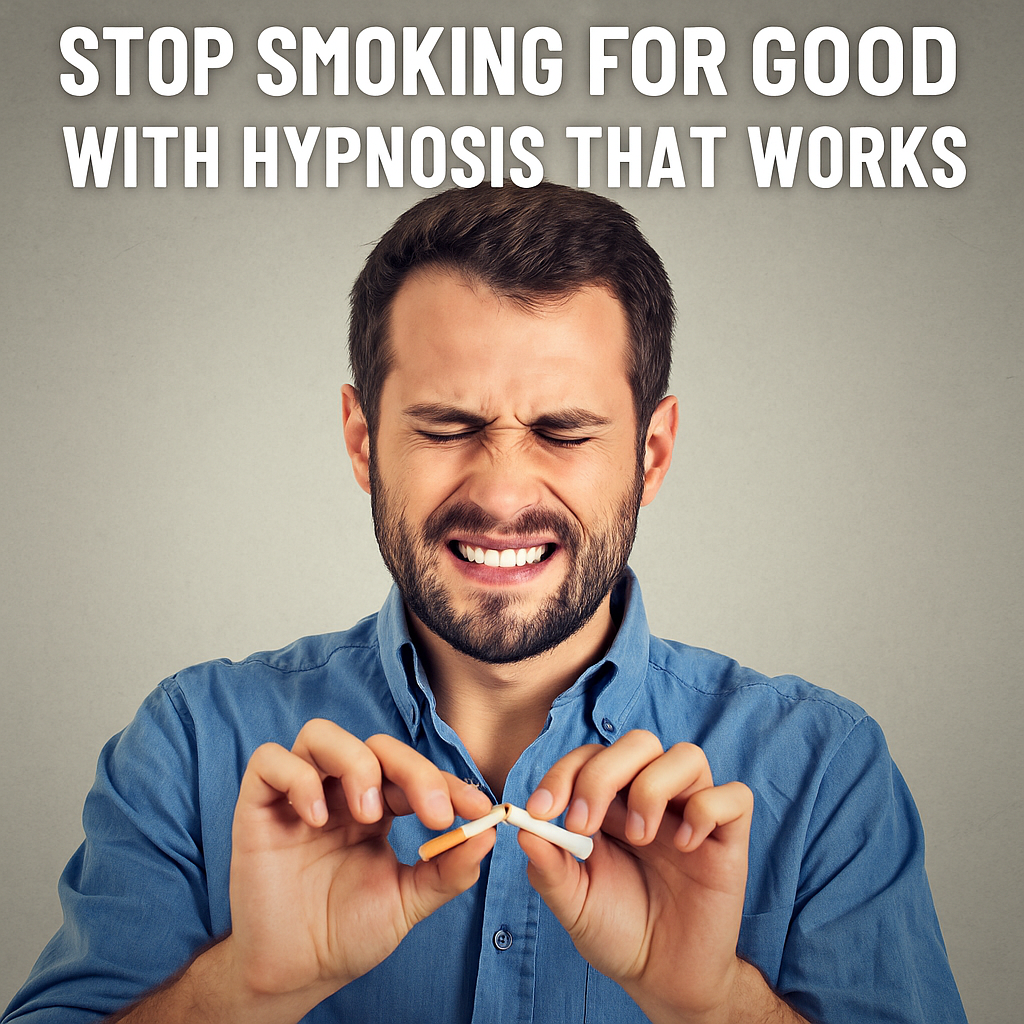Mastering Anxiety Through Meditation: A Comprehensive Guide
In today’s fast-paced world, anxiety has become a prevalent issue affecting millions of people worldwide. While medication and therapy are commonly used treatments, many individuals are turning to alternative approaches like meditation to manage their anxiety. In this article, we’ll explore the benefits of meditation for anxiety and how it can be incorporated into a comprehensive treatment plan.
Anxiety is a natural response to stress or perceived threats, but when it becomes chronic or overwhelming, it can significantly impact daily life. Symptoms of anxiety may include persistent worry, restlessness, irritability, difficulty concentrating, and physical symptoms such as rapid heartbeat and muscle tension.

While medication and therapy are effective treatments for anxiety, many individuals seek additional methods to manage their symptoms. Meditation is one such approach that has gained popularity for its ability to promote relaxation, reduce stress, and improve overall well-being.
The Benefits of Meditation for Anxiety:
- Stress Reduction: Meditation helps to activate the body’s relaxation response, reducing the production of stress hormones like cortisol and adrenaline. By practicing meditation regularly, individuals can lower their overall stress levels and experience greater calmness and peace of mind.
- Increased Self-Awareness: Meditation involves tuning into the present moment and observing thoughts, feelings, and bodily sensations without judgment. This increased self-awareness can help individuals recognize and understand their anxiety triggers, allowing them to respond more effectively to stressful situations.
- Improved Emotional Regulation: Regular meditation practice has been shown to enhance emotional regulation skills, allowing individuals to manage their emotions more effectively. By cultivating a sense of inner calm and balance, meditation can help individuals navigate difficult emotions like anxiety with greater ease.
- Enhanced Concentration: Anxiety often leads to racing thoughts and difficulty concentrating. Meditation techniques that focus on breath awareness or mantra repetition can help quiet the mind and improve concentration levels. As a result, individuals may find it easier to stay focused and present in their daily activities.
- Better Sleep: Many individuals with anxiety struggle with sleep disturbances, such as insomnia or restless sleep. Meditation can promote relaxation and help quiet the mind, making it easier to fall asleep and stay asleep throughout the night.
Incorporating Meditation into Your Anxiety Treatment Plan
Begin with short meditation sessions, such as 5-10 minutes, and gradually increase the duration as you become more comfortable with the practice. Find a quiet, comfortable space where you won’t be disturbed during your meditation practice. This could be a dedicated meditation room or simply a quiet corner of your home.
There are many different meditation techniques to choose from, including mindfulness meditation, guided imagery, and loving-kindness meditation. Experiment with different techniques to find what works best for you.
Consistency is key when it comes to meditation. Aim to practice meditation regularly, ideally daily, to experience the full benefits of the practice. Consider working with a qualified meditation instructor or therapist who can provide guidance and support as you incorporate meditation into your anxiety treatment plan.
The Role of the One Belief Away Hypnosis Method in Anxiety Treatment
Hypnosis Method in Anxiety Treatment
In addition to meditation, the One Belief Away Hypnosis Method
offers a powerful approach to treating anxiety. By accessing the subconscious mind, hypnosis can help identify and reframe negative thought patterns and beliefs that contribute to anxiety.
Hypnosis Method
offers a powerful approach to treating anxiety. By accessing the subconscious mind, hypnosis can help identify and reframe negative thought patterns and beliefs that contribute to anxiety.
Through regular practice, individuals can experience profound shifts in their mindset and emotional well-being, leading to lasting relief from anxiety symptoms.
Meditation is a valuable tool for managing anxiety and promoting overall mental health and well-being. By incorporating meditation into your daily routine and exploring different techniques, you can cultivate greater inner peace, resilience, and emotional balance. Combined with other evidence-based treatments like the One Belief Away Hypnosis Method,
meditation can play a key role in your journey towards overcoming anxiety and living a more fulfilling life.
Hypnosis Method,
meditation can play a key role in your journey towards overcoming anxiety and living a more fulfilling life.
Get a free copy of my program, The Power of Your Unconscious Mind. It will explain where the anxiety comes from and how we can get rid of it.
The post Mastering Anxiety Through Meditation: A Comprehensive Guide first appeared on Indy Hypnosis Center.



